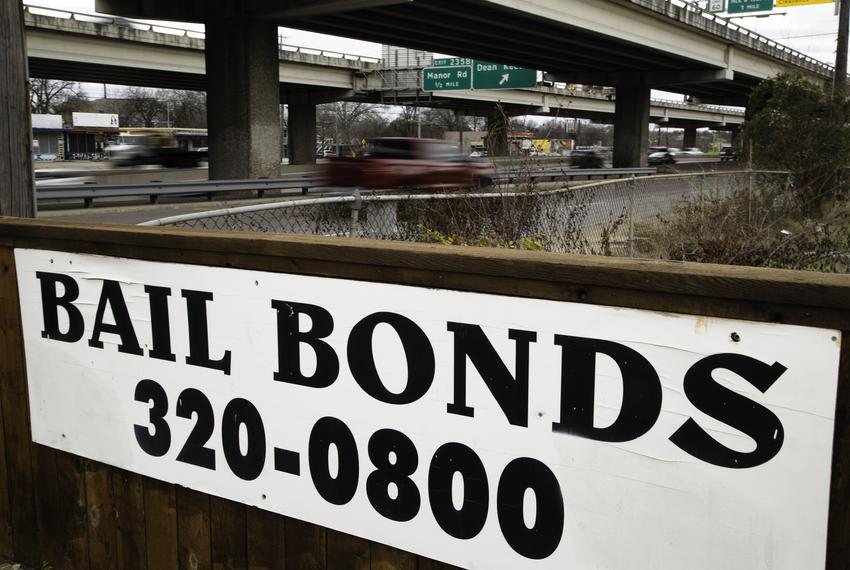Greg Abbott’s Push for Stricter Bail Laws: Impacts and Political Dynamics in Texas

Greg Abbott, the Governor of Texas, has made bail reform one of his main priorities for several years. His efforts to change the way courts handle bail have been a prominent feature in legislative sessions across Texas. These initiatives aim to address public safety concerns, tackle crime, and alter the state’s approach to pretrial release.
Abbott’s Bail Reform Agenda
For three consecutive sessions, Greg Abbott has pressed lawmakers to overhaul Texas’s bail system. The governor’s latest push involves proposing amendments to the Texas Constitution. These changes would allow or even require judges to deny bail more often for certain violent offenses and undocumented immigrants facing felony charges. According to The Texas Tribune, the House Criminal Jurisprudence Committee has recently approved revised measures that signal increasing bipartisan agreement on stricter bail policies.
Abbott and other Republican leaders argue that tighter bail laws are necessary to prevent judges from granting low or cashless bonds to potentially dangerous defendants. They claim such changes are essential for protecting communities from violent crime.
Legislative Progress and Bipartisan Negotiations
The path to passing these reforms has not been easy. In prior years, efforts stalled in the Texas House, either because of time constraints or opposition from Democrats. However, the most recent package benefited from weeks of negotiation between Abbott’s office and lawmakers from both political parties.
One important aspect of the revised legislation is that it balances Abbott’s tough-on-crime approach with safeguards for defendants. For example, the latest proposals would require the state to show that a defendant poses a flight or public safety risk before bail is denied. This moderates some of the harsher proposals from earlier sessions.
You can read more about these developments in The Texas Tribune’s in-depth report, which outlines the committee’s votes and the political hurdles ahead.
Impact on Texas Politics and Criminal Justice
Greg Abbott’s focus on bail reform fits into a broader shift in Texas politics. In recent years, state lawmakers have moved away from policies aimed at reducing mass incarceration. Instead, the focus has shifted toward emphasizing public safety and a more rigid stance on pretrial release—particularly for those accused of violent crimes.
This shift has led to unlikely political alliances as some Democrats have joined Republicans to advance stricter policies. However, civil rights groups and progressive lawmakers still argue that these reforms could undermine the civil liberties of accused individuals and could overcrowd county jails. These concerns have sparked passionate debates on the future of criminal justice in Texas.
Further insights into the legislative process, including the role bipartisan deals have played in getting the bail reform amendment through committee, are available in this article.
What’s Next for Bail Reform in Texas?
As the legislative session continues, Greg Abbott’s bail reform package still faces important votes in the full House and Senate. If passed, it could result in a statewide constitutional amendment, putting these stricter bail measures directly before Texas voters. Supporters believe this will improve public safety, while critics caution it could lead to negative consequences for low-income and minority defendants who are not yet convicted.
The debate around Greg Abbott’s bail reform initiative remains robust, reflecting deeper questions about the balance between security and individual rights in Texas. As these legislative efforts unfold, staying informed will be crucial for anyone concerned about justice and public policy in the state.
Stay informed: For ongoing updates and detailed analysis on Greg Abbott’s criminal justice initiatives, follow reputable sources like The Texas Tribune and The Texan.